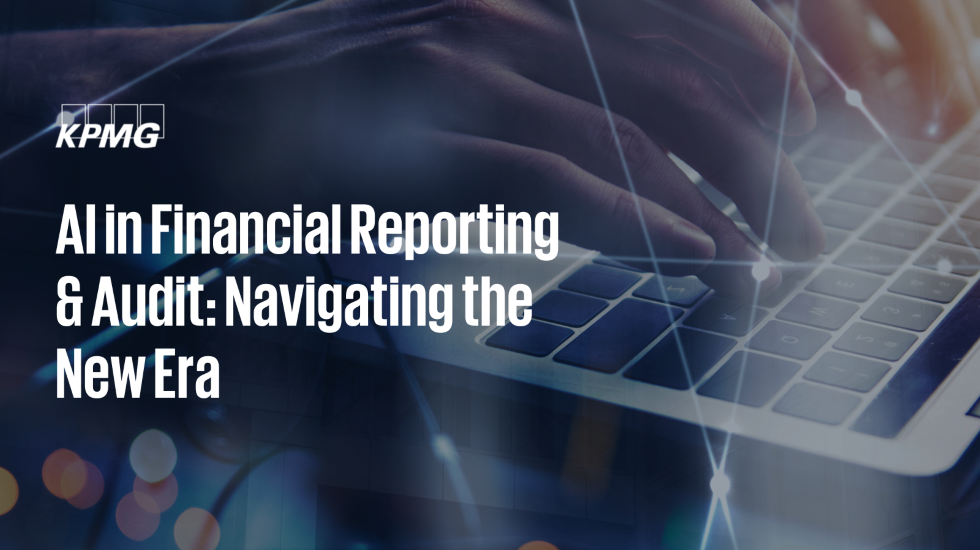December 17, 2024 – Ninety-two percent of semiconductor executives predict overall industry revenue growth in 2025, according to the 20th annual Global Semiconductor Outlook by KPMG LLP, the U.S. audit, tax, and advisory firm, and the Global Semiconductor Alliance (GSA).
With promises of ongoing demand for chips thanks to AI, cloud, data centers, wireless communication, and automotive applications, new data from KPMG and GSA reveals significant optimism for 2025 among semiconductor executives. The KPMG Semiconductor Industry Confidence Index rose to 59, up from 54 in 2023, indicating increased optimism (a value above 50 indicates a more positive outlook than negative), and showcasing bolstered confidence across the following factors: Company revenue growth, profitability growth, workforce growth, research and development (R&D) spending, and capital expenditures.
"Artificial intelligence underpins the industry’s near-term growth and revenue expectations,” said KPMG Global and U.S. Technology Media & Telecommunications Leader Mark Gibson. “The upward trajectory for the industry in the short-term is clear, but the companies that can manage their supply chains and attract and retain talent will be the ones well-positioned to sustain and benefit from the AI boom.”
Despite widespread optimism, executives still anticipate significant challenges in 2025, including geopolitical territorialism—such as tariffs and trade restrictions—and ongoing talent issues within the industry. Strengthening supply chain resilience and flexibility, along with enhancing talent development and retention, will be crucial as demand for chips continues to grow. Navigating this complex landscape in 2025 will require adaptive strategies.
About the survey:
In the fourth quarter of 2024, KPMG and the GSA conducted the milestone 20th annual global semiconductor industry survey, capturing insights from 156 semiconductor executives about their outlook for the industry in 2025 and beyond. More than half of the respondents were from companies with $1 billion or more in annual revenue.



